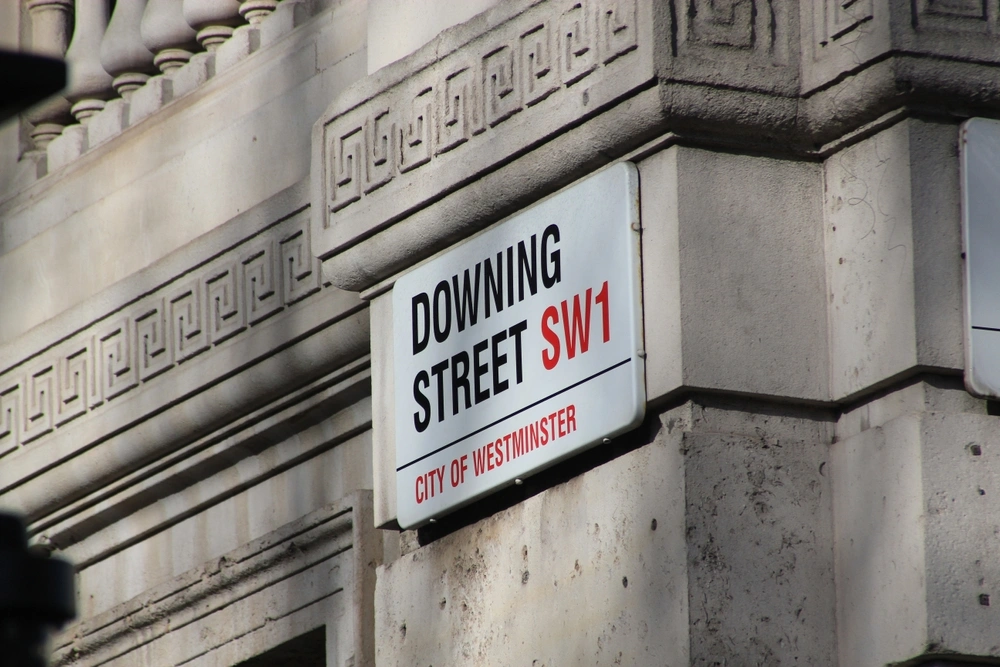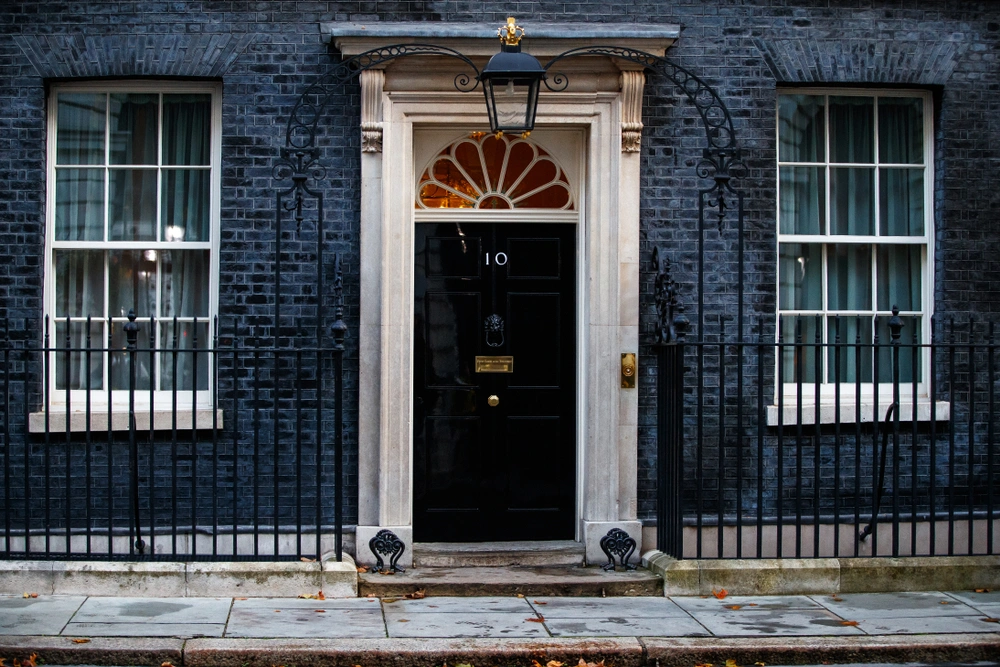There are plenty of people out there telling you that you need an emergency fund.
But nobody really talks about how much you need to save. And that’s because there is no set amount that makes a “good” emergency fund. What you need will depend on your individual circumstances and the costs you want to be able to cover.
We’re going through some of the emergencies you may want your savings to cover, so you can decide what your goal should be.
Everyday expenses
The biggest thing you might want an emergency fund for is to cover your living costs if you lose or have to give up your job. How much you need to save for this depends on your individual circumstances. Think about:
- Your monthly essentials. These are things like housing, transport, utility bills, and groceries.
- Money to maintain your lifestyle. For example, money for hobbies, entertainment, and holidays.
- How many months (or years) you want to be able to cover. This is down to how long you think you would need to find another job and what you’re comfortable with.
The easiest way to think about it may be to take your take-home pay and multiply it by the amount of time (in months) you want your emergency fund to support. This becomes your savings goal.
For example,
Your take-home pay is £1,700 per month. You want your emergency fund to support you for six months. £1,700 x 6 = £10,200
Insurance excesses
Being able to pay your insurance excess easily can help take some of the sting out of a stressful situation. And it’s a good, relatively small way to start off your emergency fund.
You may have:
- Vehicle insurance
- Buildings insurance
- Contents insurance
- Gadget insurance
- Pet insurance
How much you need to save will depend on what policies you hold and what excess you’ve agreed to with each insurer. It’s likely to be a few hundred pounds, but it could be more.
Vehicle repairs
Insurance will cover many things that could happen to your car. But there are also things they won’t cover that your emergency fund could, such as:
- New tyres. How much it costs to replace tyres depends on your vehicle and whether you want a budget or premium option. The cheapest tyre for a Ford Fiesta is around £50. The most expensive is about £150. But because tyres typically need to be replaced in pairs, you’ll likely need to save at least £100-£300 to have this covered by your emergency fund.
- Windscreen replacement. Many insurance policies cover windscreen repair and replacement. But if yours doesn’t, then it could cost upwards of £200 to repair a chip and more to replace your windscreen.
- Wear and tear repairs. This could range from the small, like needing a new battery, to larger repairs like suspension or even replacing the clutch. The older your car is, the bigger the repairs it’s likely to need. Small repairs may cost £100-£200. But large repairs could run to thousands of pounds.
Gadget replacement
If you don’t have specialist gadget insurance, then it could be up to you to replace your smartphone, laptop, and other gadgets if anything happens to them. And technology doesn’t come cheap. If you don’t have the money to replace your gadgets in your emergency fund, you could end up going without while you save up.
The latest iPhone or Samsung phones cost at least £799. The cost of laptops varies widely depending on the brand and specifications. Saving £1,000 per gadget you want to be able to replace could be a good goal.
Moving costs
If you’re a renter, you may decide to keep enough money for the deposit and a month’s rent for a new home in your emergency fund. There are many reasons you might need to move quickly, and having money set aside could be a big help.
The average rent (outside London) was £1,059 per month as of January 2024. A typical deposit on this amount would be £1,222. So, £2,500 could be a good amount to save in your emergency fund for this.
Replacing belongings that are stolen or damaged at home
Even good contents insurance policies sometimes cap the amount they’ll pay out to replace your belongings if needed. Check your policy to see if a cap applies and how that compares to the value of your items. If your belongings are worth more than your insurance will give you, the difference, which may be a few thousand pounds, could be something to save towards in your emergency fund.
Remember, any emergency fund is better than no emergency fund
Some of these numbers probably seem daunting. We know that times are tight and saving anything, let alone thousands of pounds, might be too much of a stretch. But any emergency fund you can build is better than not having one at all. Even a small amount of money can make a big difference in a crisis.
If you aren’t sure where to start, take a look at our list of 100+ ways to save money. How many can you do to help build your emergency fund?
Sources
https://www.kwik-fit.com/tyres/search for a 2016 Ford Fiesta, checked on 6th February 2024
https://www.autoglass.co.uk/what-will-it-cost/windscreen-replacement-cost/ checked on 6th February 2024
https://www.samsung.com/uk/smartphones/galaxy-s24/buy/ checked on 6th February 2024
https://apple.com/uk/iphone-15 checked on 6th February 2024
https://homelet.co.uk/homelet-rental-index checked on 6th February 2024
Helen is a personal finance editor who’s spent 11 years (and counting!) in the finance industry. She creates content on everything money with the goal of getting people thinking – and talking – about their finances in ways they may not have done before.
![Email icon]()
Become a money maestro!
Sign up for tips on how to improve your credit score, offers and deals to help you save money, exclusive competitions and exciting products!
Find this useful? Share it with others!











